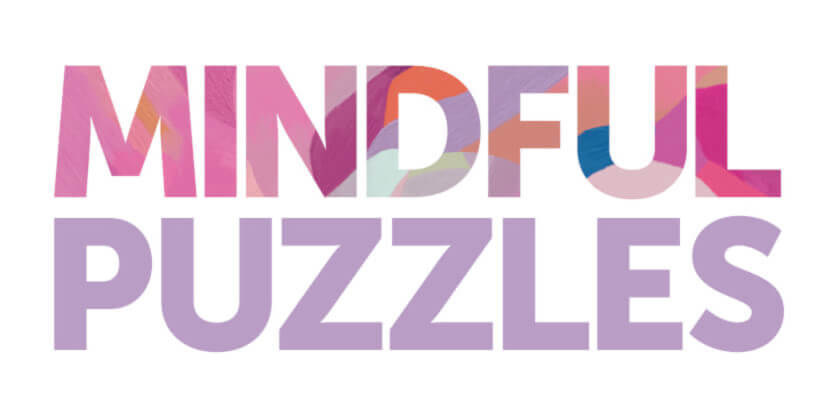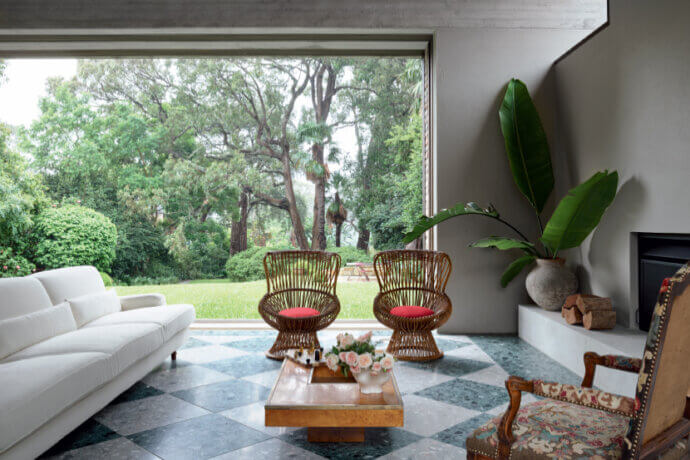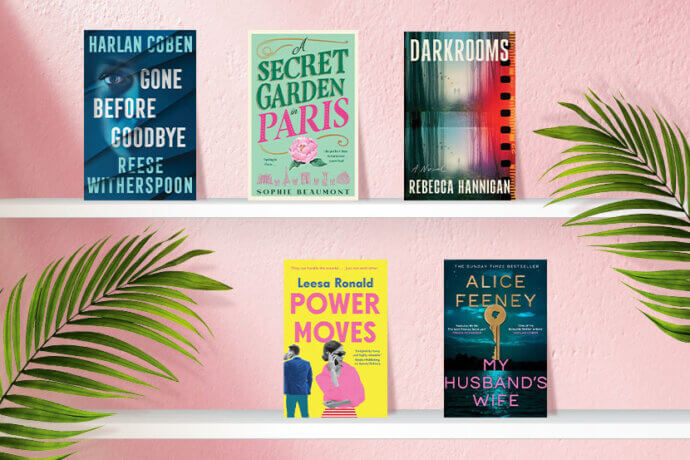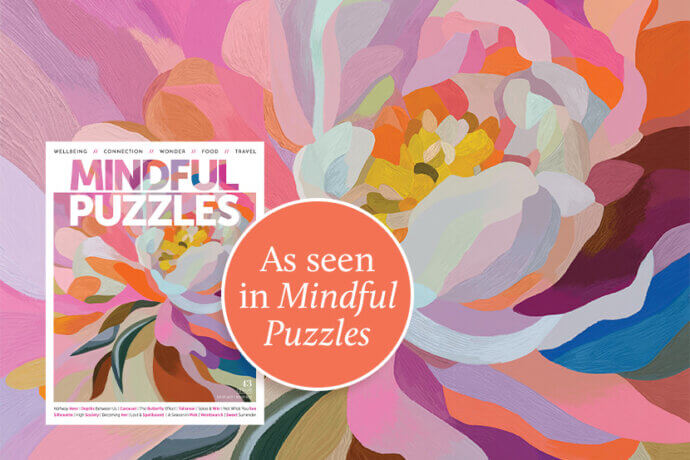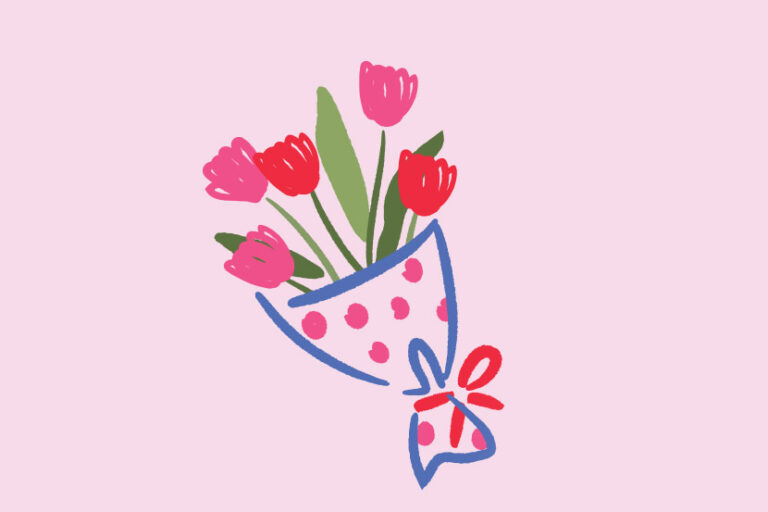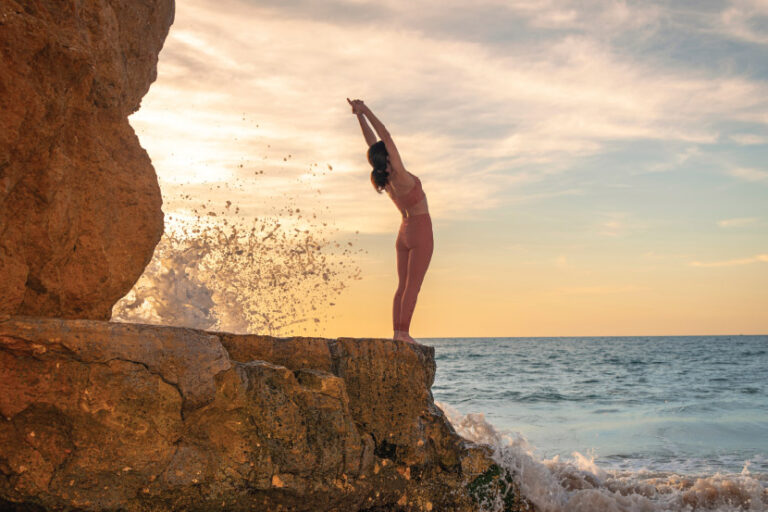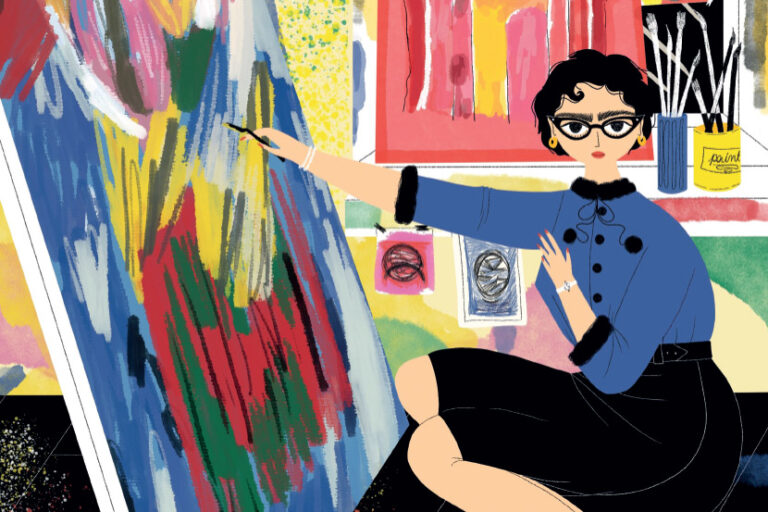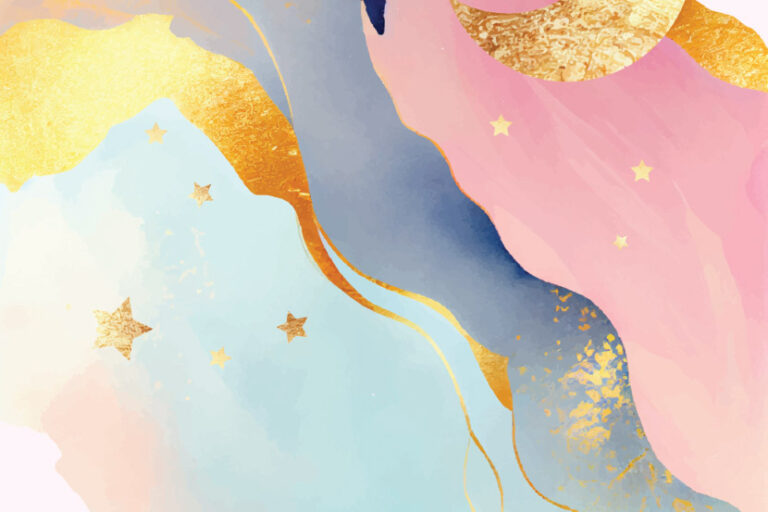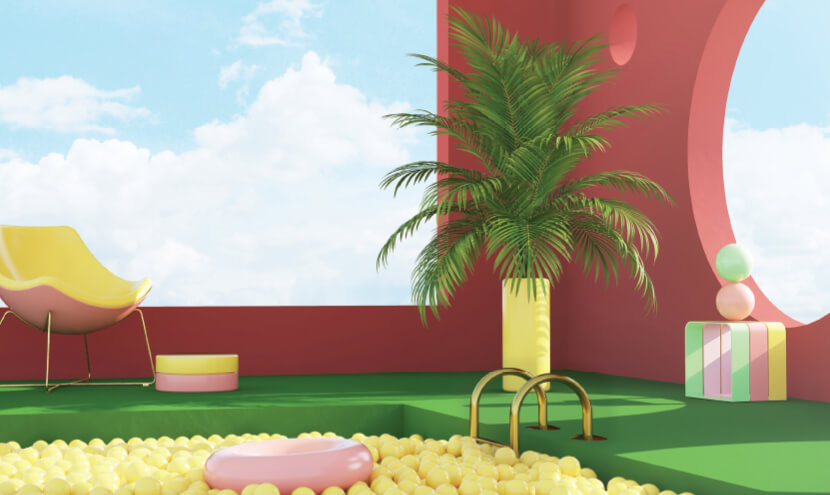
The expectations of adulthood are anything but silly – but relearning the language of play could make our load a little bit lighter.
In the last few months, I have started to relearn the language of play. Since getting married, my husband and I noticed that we had started to get too caught up in the ‘doing’ of life and weren’t enjoying ourselves or each other. Things were getting heavy. So, we got intentional about being unintentional.
We now have a ‘light night’ once a week – the goal being playfulness, laughter, and fun. It’s our time to play board games, try out a new hobby, or listen to a favourite podcast sure to make us laugh.
This concept has transferred to other parts of my life as well. A friend and I realised how much better we felt after a run around at the playground with our children. We now set aside time when we get together, where one of us watches the babies and the other gets to go on the swings and slides with the big kids. It’s one of the only times in our weeks we get to let our inner child run wild. And our children love it! It’s amazing how something that seems so small can be so important for growing connections and making everyone feel better.
“We need to be intentional about structuring our lives in a way that allows for time to play.”
Relearning the words
Most of us adults have lost touch with the language of play, and it is time that we learn it again. We need to give ourselves permission to let go of all the expectations and baggage of being ‘grown up’, and coax our inner child out. Social worker and counsellor Elicia Vitucci from Williamstown Family and Personal Counselling says, “Part of relearning the language of play is about stopping our concepts of what we know. We need to stop talking and start listening. The language of play is not about the words that we use themselves, but it is about body language and understanding other people’s body language. Learning to communicate with those subtle cues again.”
I know what you’re thinking: ‘But I don’t want to go to the playground and play with a bunch of children!’ Well, that’s not what we are talking about. (Unless you want to, of course – knock yourself out!) Play is anything that makes you lose track of time and takes your mind off your to-do list and the problems our world faces. Elicia encourages us to “feel free to start ‘play’ again from your beginning. To try and think about what you enjoyed as a young person or as a child, and start there. Remember, you don’t have to ask Mum and Dad for a new toy anymore – you are the ‘big person’ now, so get the toy you want.”
Playing gold with your friends might be your version of play, or perhaps you enjoy tinkering and restoring antique cars. Reading a good novel or going to the movies to see the latest comedy could be your perfect form of play. It might even be kicking a footy around at the local park or chasing frisbees alongside your dog. The act itself isn’t as important as the intention behind it.
Playing with intent
Time for childlike wonder doesn’t just ‘happen’, giving our buys lives. We need to schedule it in and be intentional about structuring our lives in a way that allows for time to play. “We can get bogged down in the everyday and feel like we can’t fit ‘play’ into our schedule,” says Elicia. But it doesn’t have to be hard. “A quick activity is to grab your smartphone and think about the song you want to play [or your car radio] when you first got your license. Put together a little playlist, then play them on your way to work. Pay homage to 18-year-old you, letting your mind slip back into those easier days, when fuel was cheaper, and you were a little poorer and things were simpler!” Get your friends and family involved too, or, if they’re hesitant, find a community who’ll jump at the chance to play – we literally have the world in our pockets, so start exploring.
Hi there, inner child!
These five practices will encourage you to start getting playful again.
- GET CURIOUS. Childlike wonder comes from curiosity. Children are curious about everything around them. Ask questions and follow up. Explore, tinker, research.
- GET MESSY. Don’t be afraid to get your hands dirty. Get stuck into whatever you’ve chosen to do. Be all in – whole body in if needs be.
- GET CREATIVE. You might not think of yourself as a creative person, but you probably are, and you just haven’t tried it since childhood. Why not learn to paint? Or get creative about the type of play you want to do – maybe go snorkelling or surfing with dolphins!
- GET PRESENT. One of the best things about play is its ability to let us lose track of time and take our mind off our daily stressors. Be intentionally about this. Let go. It is OK if you don’t think about all the things you need to get done, that can wait. Play is productive too.
- GET INVOLVED. I can get self-conscious, and it can be hard for me to let go and get involved. From a former stand-on-the-sidelines-and-watch person, believe me, life is better when you get involved.
WORDS: Lucy Budzynska
